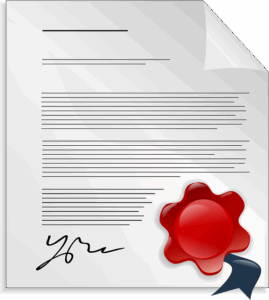Ensuring UK Compliance: Translating Drug Safety Reports with Precision
In the UK pharmaceuticals market, translation services for Drug Safety Reports are vital due to stringent MHRA regulations demanding linguistic accuracy and strict content/format standards. These services ensure reports meet UK-specific regulations,…….
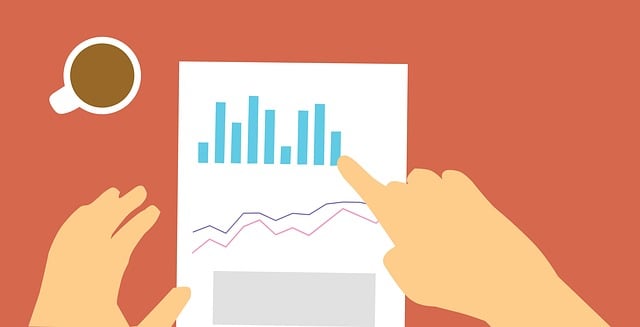
In the UK pharmaceuticals market, translation services for Drug Safety Reports are vital due to stringent MHRA regulations demanding linguistic accuracy and strict content/format standards. These services ensure reports meet UK-specific regulations, facilitating approval processes. Specialized translators with medical backgrounds navigate complex terminology and cultural nuances, employing robust quality assurance processes and advanced tools to maintain document integrity. Non-compliance carries severe penalties, making professional translation crucial for avoiding legal issues and reputational damage. Reputable firms specializing in medical and pharmaceutical translations offer comprehensive services, ensuring accurate, compliant reports tailored to UK market demands.
Are your translated safety reports meeting UK regulations? In today’s global market, ensuring compliance with local guidelines is paramount, especially within the pharmaceutical industry. This article explores the intricacies of UK regulations for drug safety reports and highlights the critical role of professional translation services in navigating this complex landscape. From understanding key aspects of compliance to addressing common challenges, we provide a comprehensive guide to help you ensure your translated documents meet the required standards, leveraging case studies and best practices for long-term success in the UK market.
- Understanding UK Regulations for Drug Safety Reports
- The Role of Translation Services in Ensuring Compliance
- Key Aspects of a UK-Compliant Drug Safety Report
- Common Challenges in Translating Safety Documentation
- Selecting the Right Translation Provider for Your Needs
- Quality Assurance Processes in Medical Translation
- Legal Implications of Non-Compliance: A Closer Look
- Case Studies: Success Stories of UK-Compliant Translations
- Best Practices for Maintaining Document Integrity During Translation
- Future Trends in Drug Safety Report Translation Services
Understanding UK Regulations for Drug Safety Reports
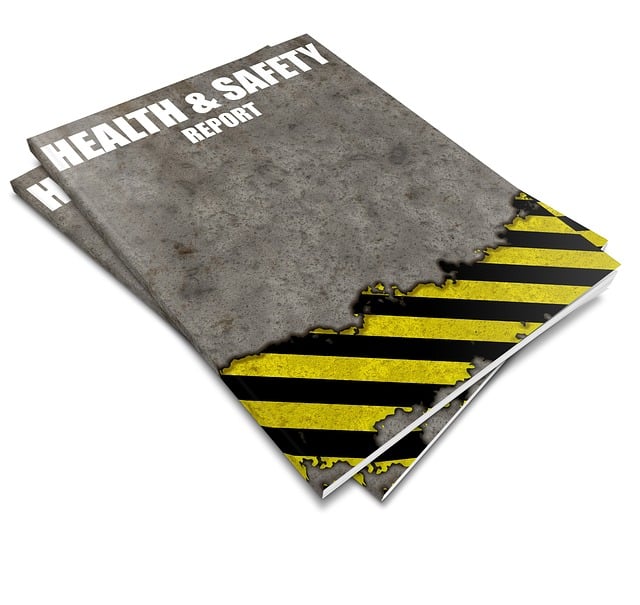
When it comes to drug safety reports, ensuring compliance with UK regulations is non-negotiable. The Medicines and Healthcare products Regulatory Agency (MHRA) sets strict standards for the submission and translation of safety data, particularly for pharmaceutical companies operating within the UK market. These guidelines cover various aspects, including report format, content, and language accuracy.
Translation services play a vital role in navigating these complex requirements, especially when dealing with multilingual clinical trials or international drug development. Professional translators specializing in regulatory documentation must possess a deep understanding of both the source and target languages, ensuring that the translated safety reports are not just linguistically accurate but also adhere to UK-specific regulations. This meticulous process guarantees that all critical information is conveyed precisely, enabling effective communication between regulators and pharmaceutical companies.
The Role of Translation Services in Ensuring Compliance
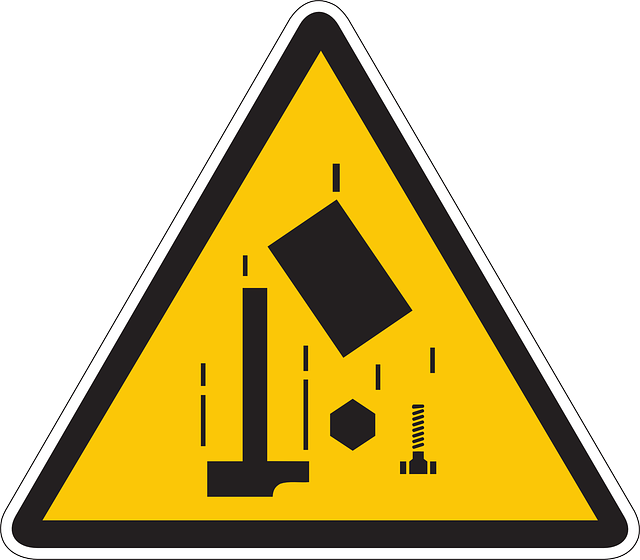
Translation services play a pivotal role in ensuring that drug safety reports are UK-compliant, especially when dealing with complex regulatory frameworks. These services go beyond simple word substitution; they involve specialized professionals who understand both the source and target languages as well as industry-specific terminology. This expertise is crucial for accurately conveying critical information from one jurisdiction to another, maintaining the integrity of data and ensuring regulatory compliance.
When it comes to Drug Safety Reports UK, translation services must adhere to strict quality standards and guidelines. They should incorporate best practices such as using recognized terminologies, performing thorough reviews, and employing native speakers to guarantee that the translated documents are not only linguistically correct but also conceptually precise. This meticulous approach ensures that safety reports remain reliable, effective, and in line with UK regulations, thereby facilitating smoother approval processes for pharmaceutical products entering the British market.
Key Aspects of a UK-Compliant Drug Safety Report
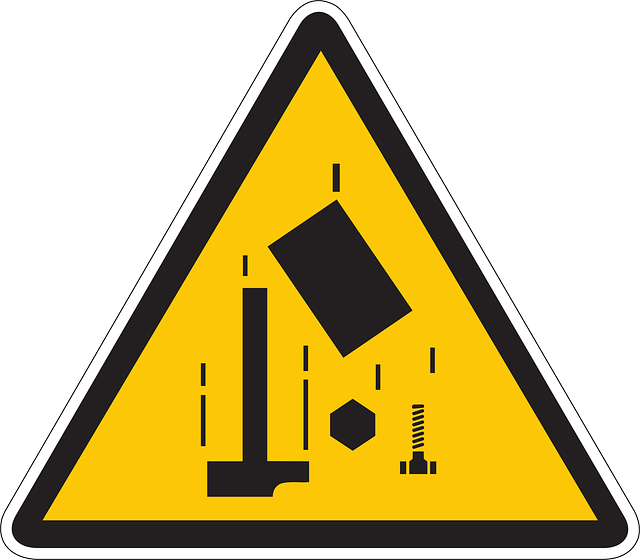
When translating drug safety reports for the UK market, it’s paramount to ensure compliance with local regulations. Key aspects of a UK-compliant drug safety report include comprehensive coverage of adverse event reporting, detailed clinical trial data, and adherence to guidelines set by the Medicines and Healthcare products Regulatory Agency (MHRA). The translation services should not just be linguistic but also technical, ensuring that complex medical terminology is accurately conveyed in English.
Additionally, these reports must follow a structured format, incorporating sections on study design, patient demographics, and outcomes. They should also include information about drug interactions, contraindications, and any post-market safety concerns. Reputable translation services for Drug Safety Reports UK employ professionals with medical backgrounds to guarantee not just grammatical accuracy but also semantic appropriateness, thereby ensuring the report’s integrity and effectiveness in communicating critical safety information.
Common Challenges in Translating Safety Documentation
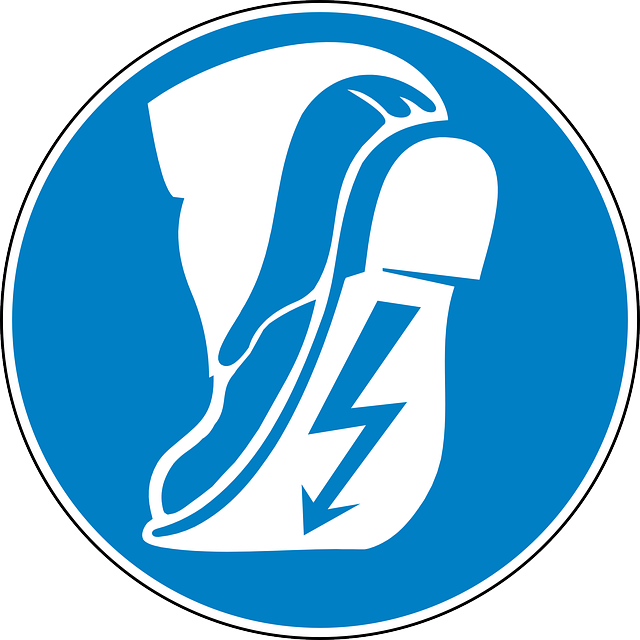
Translating safety documentation, especially for complex fields like drug safety reports, comes with its unique set of challenges. One of the primary difficulties lies in accurately conveying technical terms and regulations from one language to another while ensuring compliance with local standards, such as those in the UK. The nuances of regulatory frameworks can differ significantly between countries, requiring specialized knowledge to interpret and implement correctly.
Additionally, cultural differences play a pivotal role. What may be considered a standard safety protocol in one country might have specific requirements or connotations in another. For instance, terminology related to risk assessment, adverse events, or data management might vary, necessitating careful consideration during the translation process. Translation services for Drug Safety Reports UK should not only focus on linguistic precision but also possess an in-depth understanding of these regulatory and cultural nuances to deliver compliant and reliable documentation.
Selecting the Right Translation Provider for Your Needs
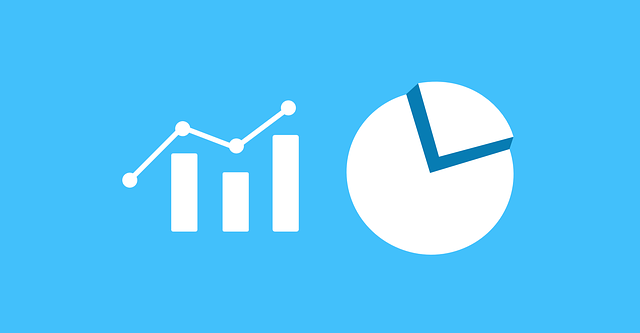
When it comes to translating safety reports for drugs in the UK, choosing the right translation provider is paramount. Look for a service that specialises in medical and pharmaceutical translations, as they will have the expertise to handle complex terminology accurately. Experience in localising documents for the UK market is also crucial, ensuring cultural nuances are considered.
Reputable providers should offer a range of services beyond simple translation, such as proofreading, editing, and localisation. They should be able to adapt to your specific needs, whether it’s translating clinical trials reports, adverse event reporting forms, or product information sheets. Ask for references and case studies to gauge their understanding of the UK regulatory environment and their ability to deliver high-quality, compliant translations for drug safety reports.
Quality Assurance Processes in Medical Translation

In the realm of medical translation, ensuring accuracy and compliance is paramount, especially when dealing with critical documents like Drug Safety Reports. Translation services for Drug Safety Reports UK must adhere to stringent quality assurance (QA) processes to maintain integrity and precision. These rigorous procedures involve multiple layers of review by expert linguists who are not just fluent in both languages but also possess deep domain knowledge in pharmacology and safety reporting.
The QA process starts with a thorough analysis of the source document, followed by translation using specialized software tools designed for medical terminology. Post-translation, human reviewers inspect the work for consistency, terminology accuracy, and cultural adaptation. This meticulous approach guarantees that the translated report not only conveys the same meaning but also adheres to UK regulatory requirements, ensuring compliance and reliability in the medical field.
Legal Implications of Non-Compliance: A Closer Look
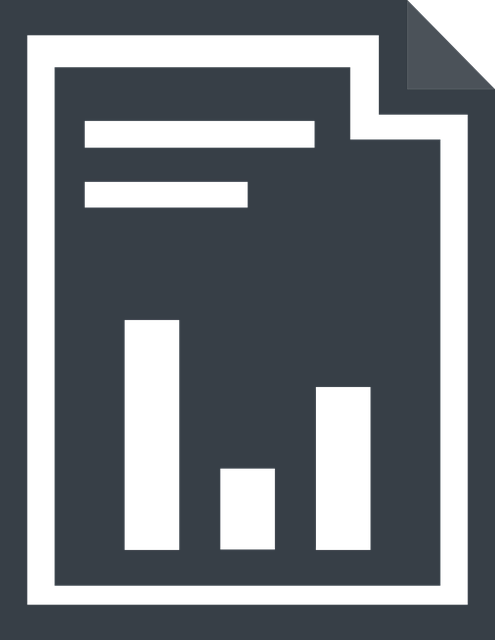
Non-compliance with UK regulations regarding translated safety reports can have severe legal implications, especially in the highly regulated pharmaceutical industry. If a drug safety report, intended for the UK market, is found to be inaccurate, incomplete, or does not adhere to the country’s guidelines, it could lead to significant consequences for the responsible parties. This includes potential fines, legal action, and damage to the company’s reputation.
The UK has strict standards for drug safety documentation, ensuring patient safety and product quality. Translation services for Drug Safety Reports UK must be precise and faithful to the original content, capturing all critical information. Failure to meet these standards not only risks regulatory non-compliance but also exposes companies to legal liability, particularly if translated documents are used for clinical trials, marketing, or regulatory submissions.
Case Studies: Success Stories of UK-Compliant Translations

When it comes to ensuring your drug safety reports are UK-compliant, case studies offer valuable insights into successful translations. Many pharmaceutical companies have benefited from professional translation services that tailor their approaches to meet stringent regulatory requirements in the UK. For instance, a global biopharmaceutical company recently faced the challenge of translating their extensive drug safety databases into multiple languages while adhering to local guidelines. They partnered with a reputable translation service provider who not only possessed expertise in medical terminology but also had in-depth knowledge of UK regulations.
Through close collaboration, the team successfully delivered accurate and compliant translations, ensuring the integrity of the data and avoiding potential delays or rejections by regulatory authorities. This success story highlights the importance of engaging specialized translation services for Drug Safety Reports UK, where precision, consistency, and adherence to local standards are paramount.
Best Practices for Maintaining Document Integrity During Translation
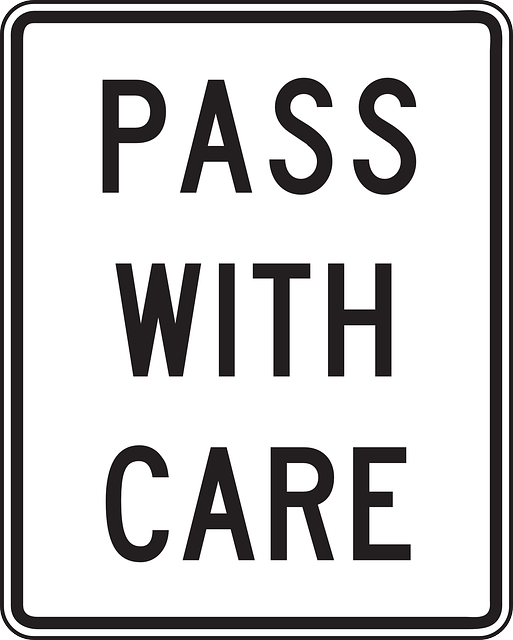
Maintaining document integrity during translation is paramount, especially for critical sectors like drug safety reporting in the UK. Best practices involve ensuring that all translations are performed by qualified and experienced professionals who understand not only the language but also the industry’s specific terminology and regulatory requirements. Using consistent terminology across all documents and referencing original source materials helps preserve accuracy.
Additionally, implementing a robust quality assurance (QA) process is essential. This includes proofreading, editing, and cross-checking translations against the original to identify and rectify any discrepancies. Advanced translation memory tools can also aid in maintaining consistency by storing previously translated terms and phrases, thereby reducing human error and enhancing overall document integrity. Opting for professional translation services specialised in drug safety reports ensures compliance with UK regulations and maintains the integrity of vital information.
Future Trends in Drug Safety Report Translation Services
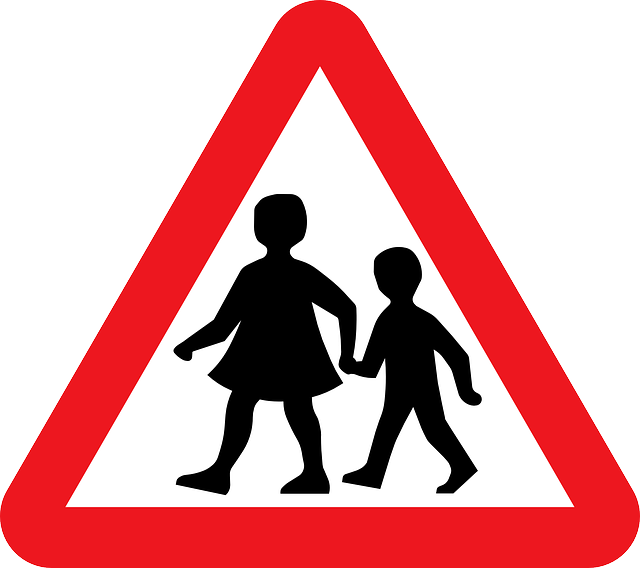
As the pharmaceutical industry continues to evolve, so do the regulatory requirements and standards for drug safety reports. In line with this, future trends in translation services for Drug Safety Reports UK are expected to be more nuanced and specialized. With an increasing global presence of pharmaceutical companies, there will be a growing demand for accurate and compliant translations that cater to the specific needs of the UK market. Advanced technologies like machine learning and AI-powered tools will play a significant role in enhancing efficiency and consistency in translation processes. These innovations promise faster turnaround times without compromising on quality, ensuring that safety reports are not only translated but also adapted to meet local language nuances and cultural contexts.
Another notable trend is the shift towards localization, which goes beyond simple word-for-word translations. Localized Drug Safety Reports consider regional differences in terminology, grammar, and even legal frameworks to ensure compliance with UK regulations. This personalized approach will become crucial as pharmaceutical companies strive to maintain their reputation for safety and efficacy while navigating complex international markets. By embracing these future trends, translation service providers can offer specialized solutions tailored to the evolving demands of the drug safety reporting landscape in the UK.
Ensuring your drug safety reports are UK-compliant is paramount to avoid legal repercussions and maintain public trust. By understanding stringent UK regulations, leveraging the expertise of specialized translation services, and implementing robust quality assurance processes, organizations can confidently navigate the complex landscape of medical documentation. Selecting a reputable provider with deep industry knowledge and adhering to best practices for translation and document integrity is essential. As the digital era advances and regulatory standards evolve, staying ahead by embracing innovative translation services for Drug Safety Reports UK will be crucial in protecting public health and ensuring compliance.



